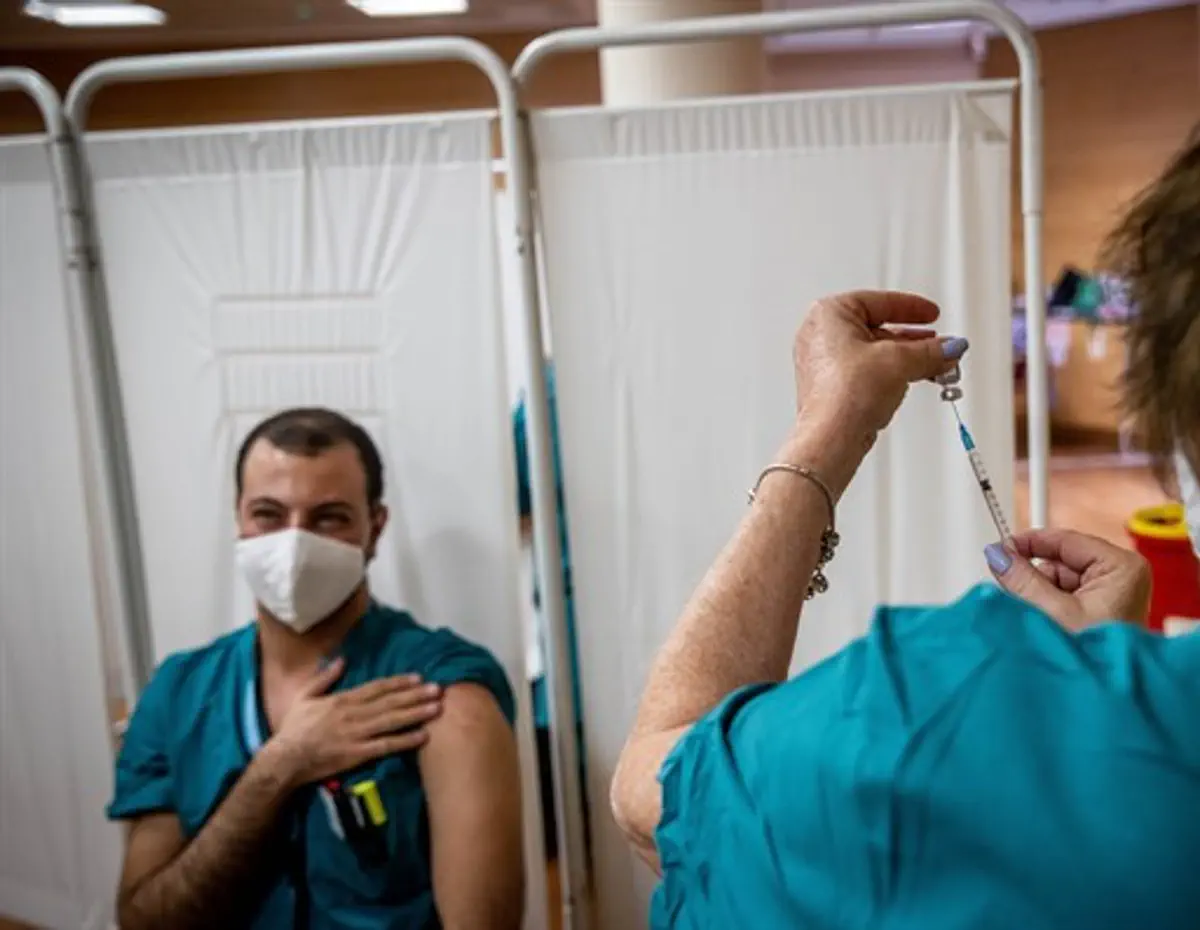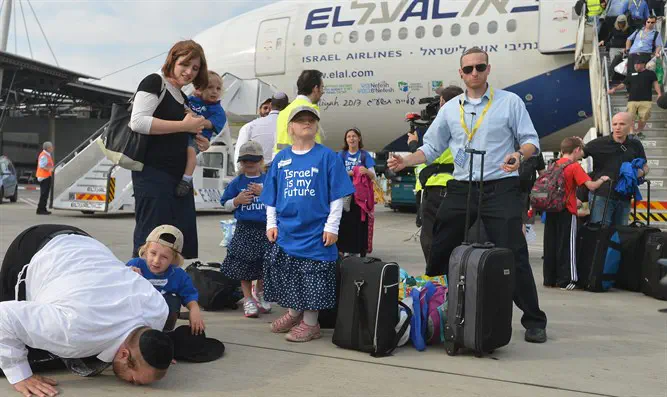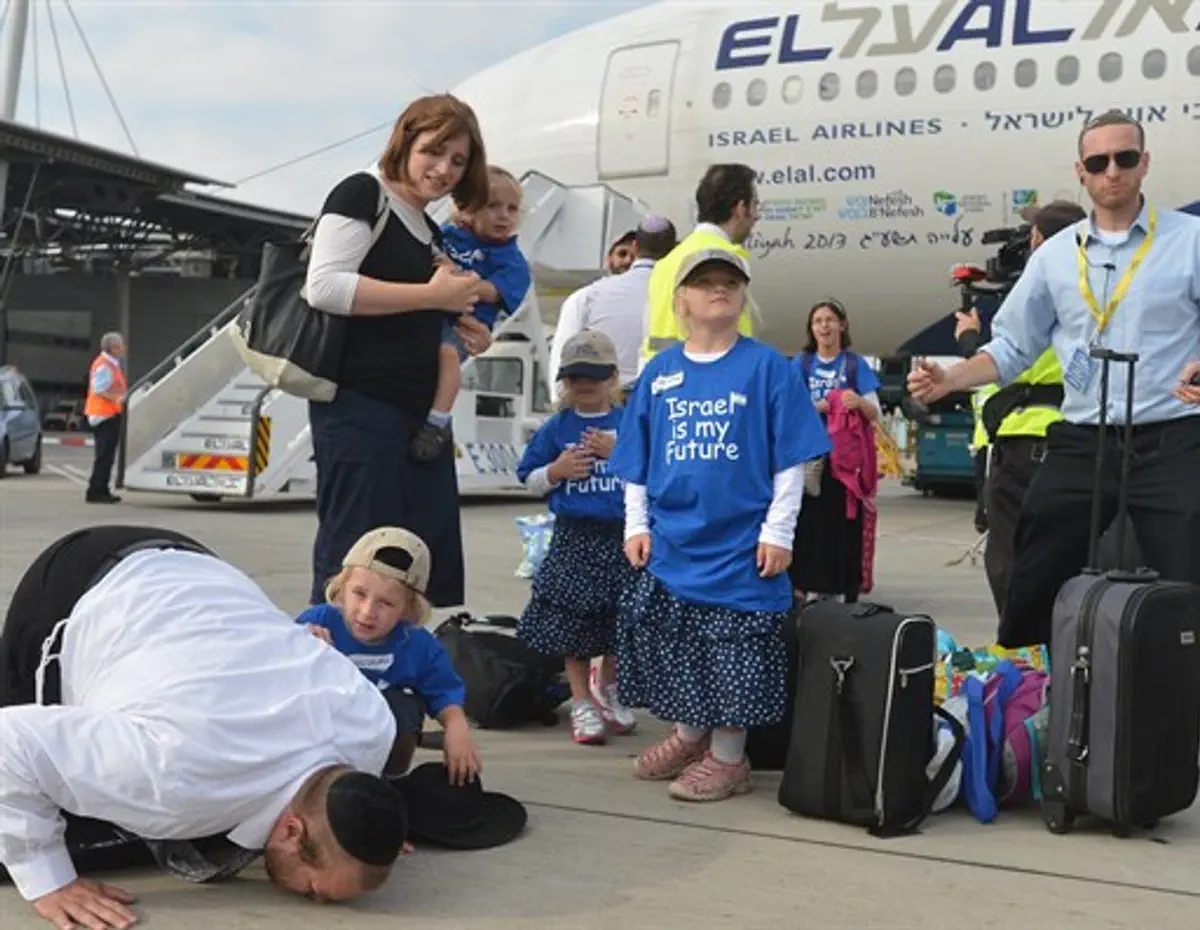Ria_Longhorn
Platinum Member
- Apr 2, 2017
- 1,525
- 941
- 940
The time of day, the weather condition, coming to the Wall alone but for that one, lone figure, made for a most, unique video.
Follow along with the video below to see how to install our site as a web app on your home screen.

Note: This feature currently requires accessing the site using the built-in Safari browser.
Terror Victim Esther Horgen’s Artwork Lives on in ‘Scroll of Esther’
Late last year, Esther Horgen, a mother of six, went for a hike in the Reihan forest. Palestinian arab terrorist Muhammad Mruh Kabha laid in wait and brutally murdered her.
The vicious crime shocked Israel and left her husband, 6 children and grandchildren bereaved and mourning for the loss of their mother and wife. Her family has since embarked on a journey to keep Esther’s memory alive.

A vibrant and talented woman, Esther Horgen left a tremendous legacy through her family, her words and her artwork. These all came together in The Israel Bible Scroll of Esther, featuring Esther’s beautiful illustrations and uplifting poetry, alongside the text of the Megillah in Hebrew and English, and a new commentary from Rabbi Tuly Weisz.

The Israel Bible Scroll of Esther can be purchased here. Proceeds from the sale of this volume will go to developing the Esther Horgen Memorial Forest and Park in Tal Menashe, the site of her murder, so that it will remain a place of peace, not a forest of fear.
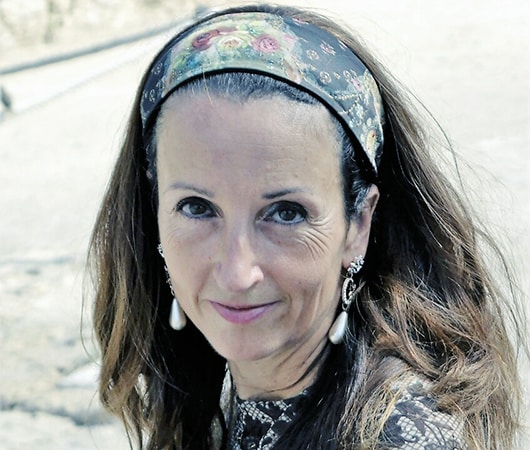
Terror Victim Esther Horgen's Artwork Lives on in 'Scroll of Esther'
A vibrant and talented woman, Esther Horgen left a tremendous legacy through her family, her words and her artwork.www.israellycool.com
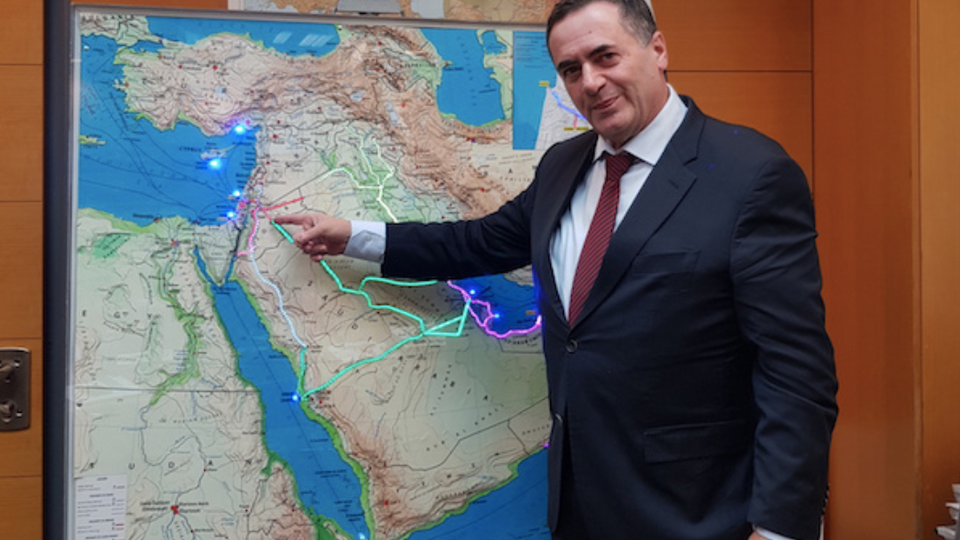


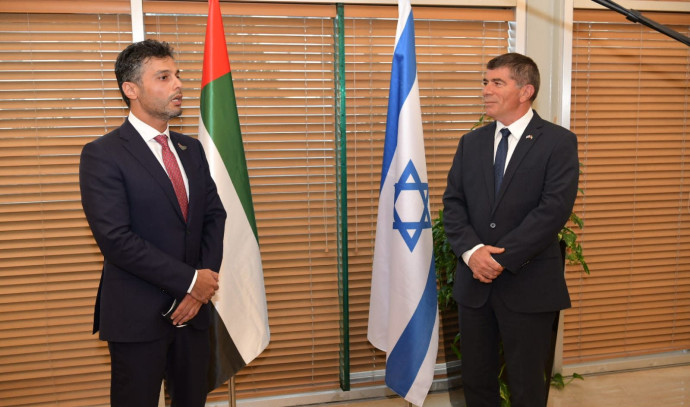

 www.jewishpress.com
www.jewishpress.com

